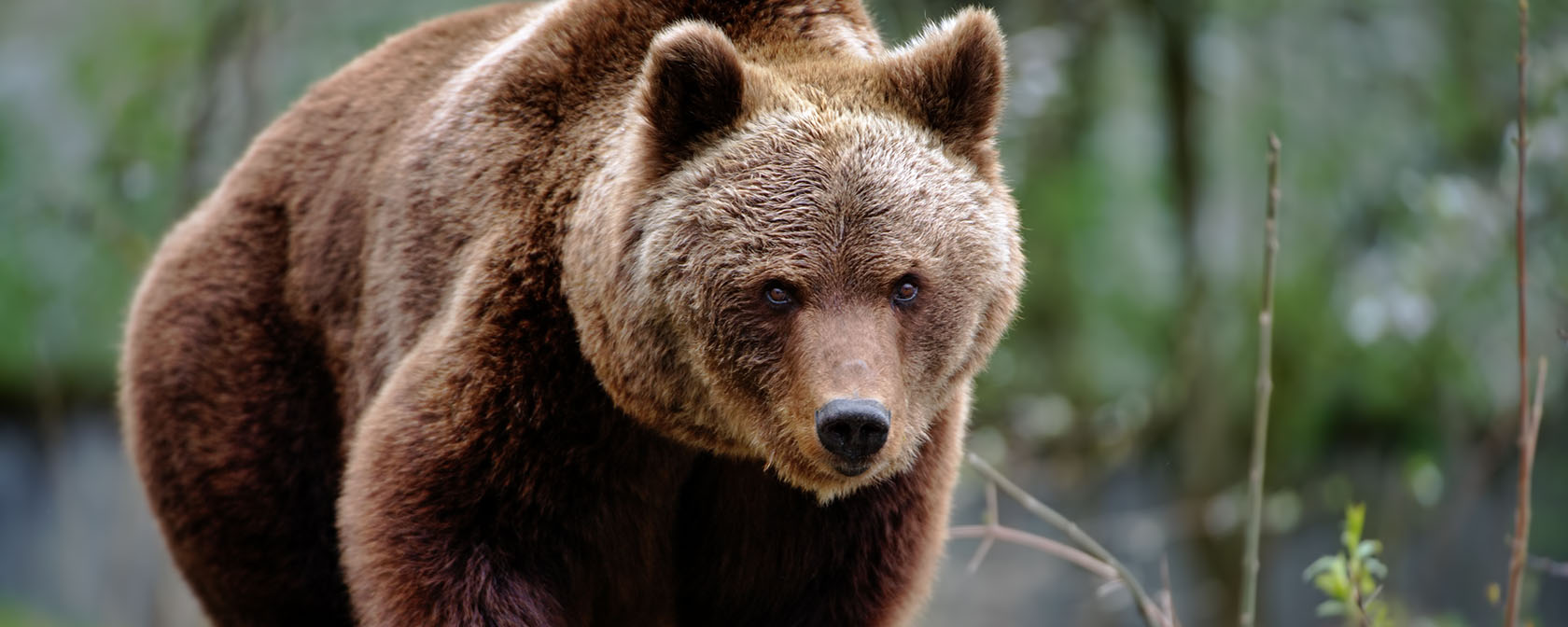By Sara Amundson and Kitty Block
Today, the U.S. House of Representatives’ Committee on Natural Resources voted in favor of six bills and resolutions that threaten to remove protections from grizzly bears and gray wolves and weaken the Endangered Species Act. This “grab bag” of danger includes:
- The Trust the Science Act, H.R. 764, would remove Endangered Species Act protection for gray wolves in the lower 48 states.
- The Grizzly Bear State Management Act, H.R. 1245, would remove Endangered Species Act protection for grizzly bears in the Greater Yellowstone Ecosystem population.
- The Comprehensive Grizzly Bear Management Act, H.R. 1419, would remove Endangered Species Act protection for grizzly bears in the Northern Continental Divide Ecosystem population.
- House Joint Resolution 29 would nullify a U.S. Fish and Wildlife Service decision last year to protect the lesser prairie-chicken under the Endangered Species Act.
- House Joint Resolution 46 would nullify last year’s joint decision by the U.S. Fish and Wildlife Service and the U.S. National Marine Fisheries Service to expand the habitat that the Endangered Species Act can protect for the benefit of species facing extinction.
- House Joint Resolution 49 would nullify last year’s tentative decision by U.S. Fish and Wildlife Service to protect the northern long-eared bat under the Endangered Species Act.
House Joint Resolutions 29, 46, and 49 would significantly harm the Endangered Species Act by using the Congressional Review Act to overturn recent protections for imperiled animals. Using the Congressional Review Act in this way sets a dangerous precedent by essentially voiding previous rules issued by the U.S. Fish and Wildlife Service and U.S. National Marine Fisheries Service and by prohibiting the agencies from issuing any similar rule without a future act from Congress.
This kind of public policy doesn’t simply weaken our democratic processes; it puts these vulnerable species under terrible pressure. We’ve already seen the harm that comes when Congress removes a population from the Endangered Species Act’s list of threatened and endangered species: Since Congress directed the U.S. Fish and Wildlife Service to delist wolves in Montana and Idaho in 2011, thousands of wolves—including pups—have been slaughtered, and those states continue to pursue new and crueler ways to kill wolves. If H.R. 764 is passed, other states may move to adopt the same trophy hunting, trapping and population reduction schemes plaguing the wolves of the Northern Rockies.
Grizzly bears face peril once again if H.R. 1245 and H.R. 1419 go through. In the early 1800s this iconic species ranged from northern Mexico to Alaska and in the lower 48 states numbered as many as 50,000 individuals. But by the 1930s, grizzly bears had been nearly wiped out. Only about 135 bears remained when the species was granted Endangered Species Act protections in 1975. With these protections, grizzly bear numbers have slowly begun to recover, and they now live in small, isolated subpopulations. However, there are still fewer than 2,000 individuals in the lower 48 states, so it’s critical that grizzly bears retain their protections if they are to survive. Should those protections disappear, it’s likely that some states will rush to allow trophy hunting that targets them.
Not only would House Resolutions 764, 1245 and 1419 open the door to trophy hunting of imperiled species, but they would also bar these measures from judicial review, effectively removing the rights of citizens to challenge them in court, an essential feature of the checks-and-balances structure of our system of government.
We expect the House of Representatives to vote on these measures in the coming months, so there’s time to take action to protect wolves, grizzlies and the Endangered Species Act, one of the few laws that remains immensely popular with the American public. The Endangered Species Act has saved approximately 99% of its listed species from extinction, and it is thanks to this landmark law that iconic species such as the bald eagle, whose numbers had plummeted by the 1970s, still grace our national landscape.
Contact your House representatives to urge them to oppose these measures and any others that reverse progress for grizzly bears, wolves and other imperiled wildlife who depend on endangered species protections for their survival.
Kitty Block is CEO of the Humane Society of the United States.




